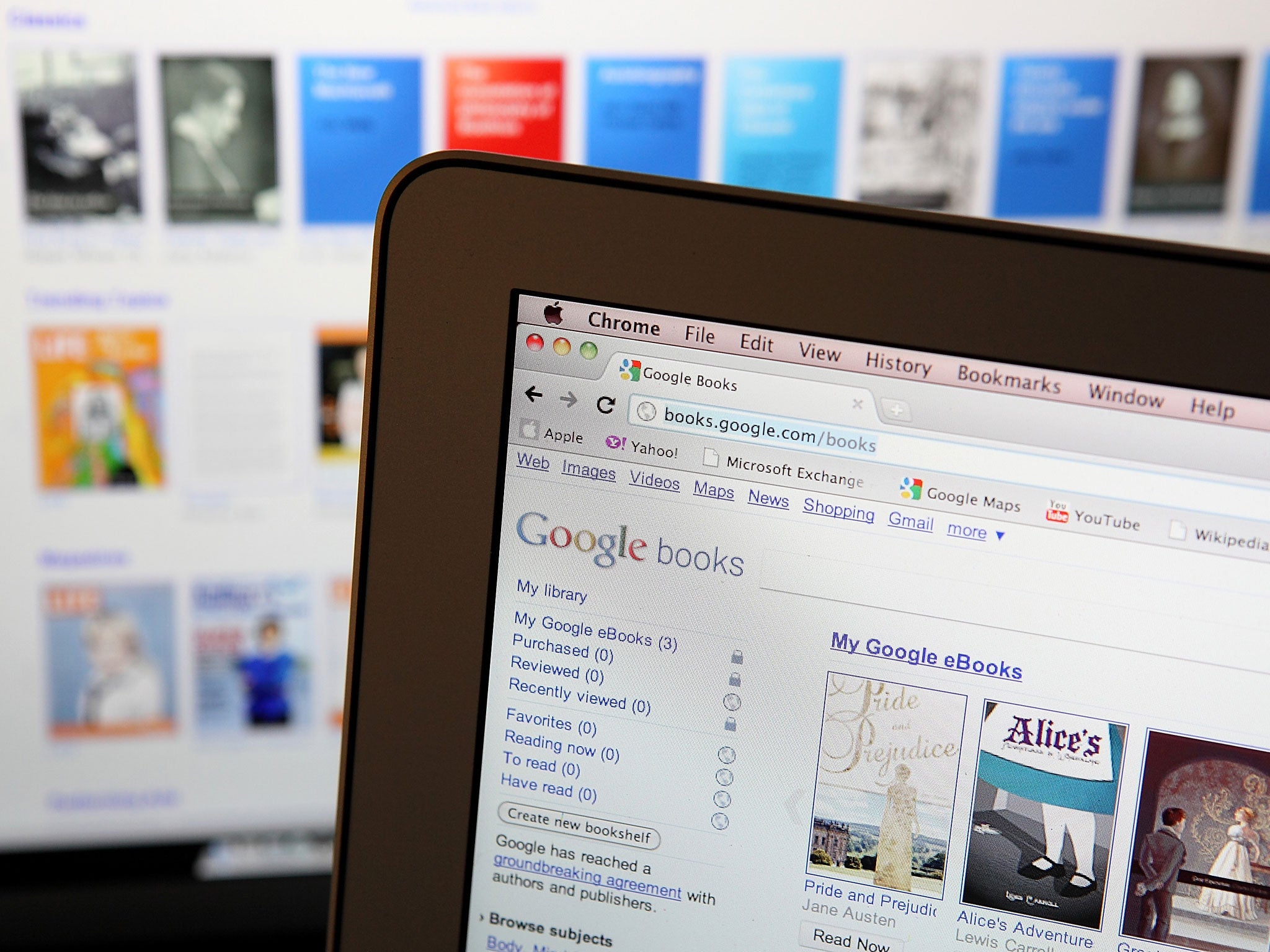Apple threatens ‘chilling effect’ on the industry if found guilty at ebook trial
Antitrust trial ended Thursday, but verdict not expected for two months

The federal anti-trust trial between Apple and the US Department of Justice over alleged ebook price fixing came to a close yesterday.
In his final statement, Apple attorney Orin Snyder said that if the tech giant was found guilty, it would “send shudders through the business community.”
The case began when the DoJ accused five major publishers of conspiring with Apple of “consciously [committing] to a scheme to raise e-book prices throughout the industry.”
In 2010 Amazon set its default ebook price at just $9.99 and so Apple – alongside publishers Simon & Schuster, HarperCollins, Hachette, Penguin and Macmillan – sought to raise this figure, to $12.99 and $14.99 (figures that publishers pushed upwards to $16.99 and $19.99).
The five publishing houses involved have already bowed out of the case, settling for a combined $164 million.
In defending Apple’s actions, Snyder maintained that they have acted as any business would act when trying to enter a competitive market: negotiating with content owners for the best possible price.
Snyder also sought to rebuff the claims that Apple’s negotiations with publishers constituted a conspiracy by pointing out disagreements between the various parties; noting that “turmoil” in the ebook market demanded extensive talks; and accusing the DoJ of making “overreaching” readings of evidence.
The DoJ responsded that the evidence was clear cut, with government lawyer Mark Ryan pointing to examples such as Apple insertion ‘most favoured nation’ clause (MFN) into the contract. This meant that publishers had to offer their books to Apple at 70% of the lowest price anywhere on the market, meaning that Apple could match prices elsewhere whilst retaining their traditional 30% cut of profits.
Ryan also calculated that after the contracts took effect in April 2010 (only the largest publishing company, Random House, abstained from signing Apple’s deal), the prices of Amazon’s ebooks increased by almost 20%. "Apple was simply indifferent to customers paying higher prices," said Ryan.
A judgement is not expected on the trial for another two months, but if Apple are found guilty then it would set an important precedent in how the US deals with internet firms attempting to control markets.
Subscribe to Independent Premium to bookmark this article
Want to bookmark your favourite articles and stories to read or reference later? Start your Independent Premium subscription today.

Join our commenting forum
Join thought-provoking conversations, follow other Independent readers and see their replies